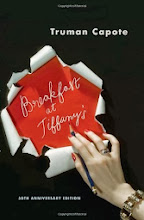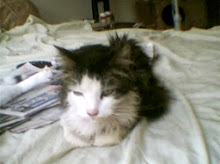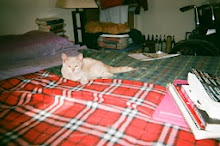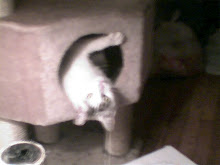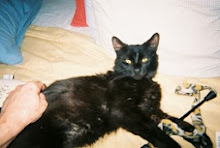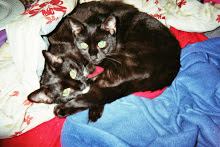Coincidence
by J.W. Ironmonger
Publisher: Harper Perennial
Published: 2014
ISBN: 978-0-062309891Pages: 284
Rating: 4 out of 5
Book Summary: One seagull and four pieces of bread
decide the course of one person's life. But is the rest just coincidence? THE
COINCIDENCE AUTHORITY combines the ideas of David Mitchell or Hanif Kureishi
with the warmth of David Nicholls or Marina Lewycka.
Thomas Post
is an expert on coincidence. He's an authority. Every coincidence, he says, can
be explained by the cold laws of chance. But why then do coincidences so
afflict the life of Azalea Lewis? And why has Thomas Post's orderly life been
thrown into such disarray by the coincidences of Azalea?
This is the
tale of two lost souls, each with a quest to understand the secret patterns
hidden in a very random universe. It is the story of the short but eventful
life of Azalea Lewis, a foundling child discovered at a travelling fair; and it
is the unfolding story of Thomas Post who looks for patterns in a haphazard
world, and who finds his belief in the fabric of life challenged by Azalea.
From the windswept tranquility of a Manx village, to the commuter swarms of
London, to the brutal abduction of child soldiers in Africa, this is a search
for truth, a search for God, a search for love, and a search for a decent pizza
in North London.
My
Thoughts: I thought this was a fantastic book. On one level it’s a love story between Thomas
Post and Azalea Lewis, but too complex to be simply be labeled as such. Thomas Post is a Lecturer in Applied Philosophy
at the Institute for Philosophy in London. He’s nicknamed ‘the Coincidence Man’
because he spends much of his time studying coincidences. Azalea teaches English literature and poetry
to adult learners at this same University.
She usually teaches at night and in a completely different area than
Thomas. Their paths don’t cross for many years until one day when Azalea visits
Thomas’ office to discuss the many events in her past and in her history that
she believes to be coincidences.
Azalea is a likable
character who it’s easy to sympathize with after hearing the story of the several
tragedies of her childhood. By the age of thirteen she’d been adopted
twice. She believed for many years her
biological mother abandoned her. She
also doesn’t know the name of her biological father. Azalea eventually learns what happened to her
real mother and who might be her biological father. The information she discovers and the events
of her past are fascinating. When she
explains how and why she sees many of the events as coincidences it’s difficult
to disagree with her.
Thomas, it
seems, doesn’t really believe in coincidences and mostly argues against
them. Azalea, on the other hand,
believes everything happens for a reason and places a lot of significance on
the coincidences in her life. When Azalea tells the story of her difficult,
painful childhood to Thomas, and the coincidences she sees, he argues against
the idea of coincidences. There are
several pages of interesting discussion involving philosophy, the Big Bang
Theory, determinism and pre-determinism versus free will, and many different
philosophers. Thomas doesn’t change
Azalea’s mind. She still believes things happen for a reason.
There’s a
strong connection between Azalea and Thomas but, he more than she, allow their
differences about the existence of coincidences to come between them. He can
be quite arrogant and condescending.
Even after everything Azalea tells him about her childhood, he doesn’t
really understand why she shies away from relationships. She takes her time deciding she wants to date
Thomas and, even while dating she’s not sure she wants a relationship with
him. She feels he’ll never understand
what Uganda and the mission where she spent most of her childhood with her
adoptive parents means to her. And she
knows Thomas doesn’t understand why she believes events in her past are
definitely coincidences and they are of great significance to her. So, although she loves him she’s not sure she
can spend her life with him.
This book is
also compelling for its beautiful and descriptive writing. The passages regarding Uganda and the mission
where Azalea lived with her adoptive parents is vividly described as a lush,
beautiful countryside teeming with happy people but a lot of poverty and
violence. Although much of the
conversation throughout the book is serious there’s humor and lighter dialogue,
especially between Thomas and Azalea.
This helps make the novel glimmer with realism and gets you invested in
both main characters, though some of Thomas’ stubborn tendencies made me feel
frustrated for Azalea.
Without
giving anything away, the book is not a fairy tale and not for the
intellectually faint of heart. It is heavy and layered in many ways: there’s
philosophy, physics as well as romance.
So if you fancy yourself an intellectual romantic or a romantic with an
intellectual bent, this book is calling for you to read it.












